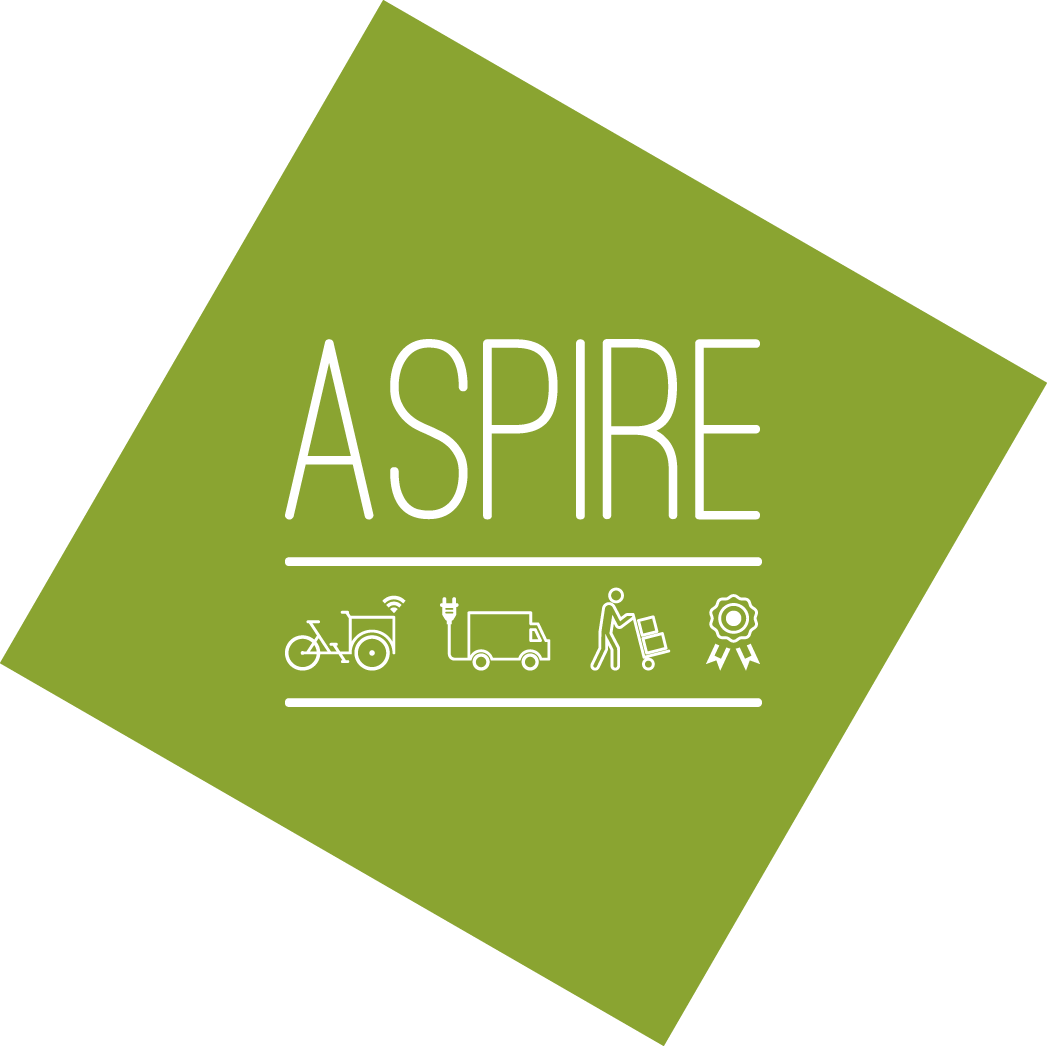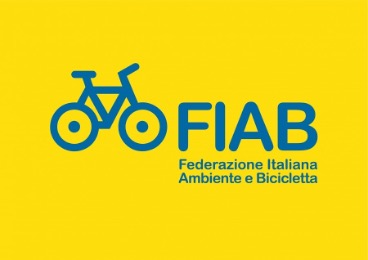Letter form FIAB (the Italian Federation for biking and the environment, member of the ECF – European Cyclists’ Federation)
Thanks to the members of the LIFE ASPIRE Cities & Stakeholders Supporting Forum and Technical and Scientific Committee
During the development of the activities, the project took advantage in establishing a consulting group of mobility stakeholders and follower cities, which joined LIFE ASPIRE into the Cities & Stakeholders Supporting Forum (CSFF) and followed the project activities, shared knowledge and information with the project partners at key stages of the planned work.
Aside the CSFF, LIFE ASPIRE established also a Technical and Scientific Committee(TSC) that advised the project coordinator on different aspects during the project development. As a TSC member, FIAB kindly addressed a letter to the project coordinator by the end of the project outlining strength, weaknesses and opportunities of the LIFE ASPIRE actions concerning the cargo bike station.
The project partners appreciated very much the letter and want to express gratitude to FIAB. In particular, the observations regards the type of cargo bikes, only partly with pedal assist, the location of the sharing stations and awarding scheme and RTZ general regulation for the use of cargo bikes, which are not seen and fully satisfactory. The Municipality of Lucca, will work in the following months to overcome the weakness points, to transform them in new points of strengthens for the project future.
Click here to read the complete letter in italian
Here below an abstract of the letter, translated in English.
“Since the first meeting of the Technical and Scientific Committee I have observed that to foresee regular cargo bikes was anachronistic, and that it would have been necessary to foresee only more modern and efficient cargo bikes with electric pedal assist. The second observation, connected to the first one, concerns the excessively prudent choice of installing the load/unload bays only inside the city Walls; on a trial basis, at least one bay could be installed outside the Walls, with a full electric cargo bike station, and foresee that the use of this bay gives a greater number of eco-points. The third observation concerns eco-points, the benefits of which have not yet been clarified. The fourth observation concerns the regulatory aspect: in the “stick and carrot” approach “carrots” are outlined, even if not completely, with eco-points, while “sticks”, namely the prohibitions, are those defined by the discipline of access and circulation in the RTZ. This was completely revised last January, with a pricing approach that rewards the greener vehicles; in this framework, an even more favourable discipline, could be envisaged for cargo bikes. I thank everyone for the attention with which our comments have been evaluated, and for the fruitful and constructive discussion. Giacomo Lucente”

